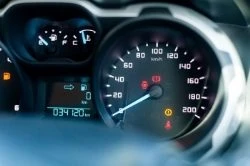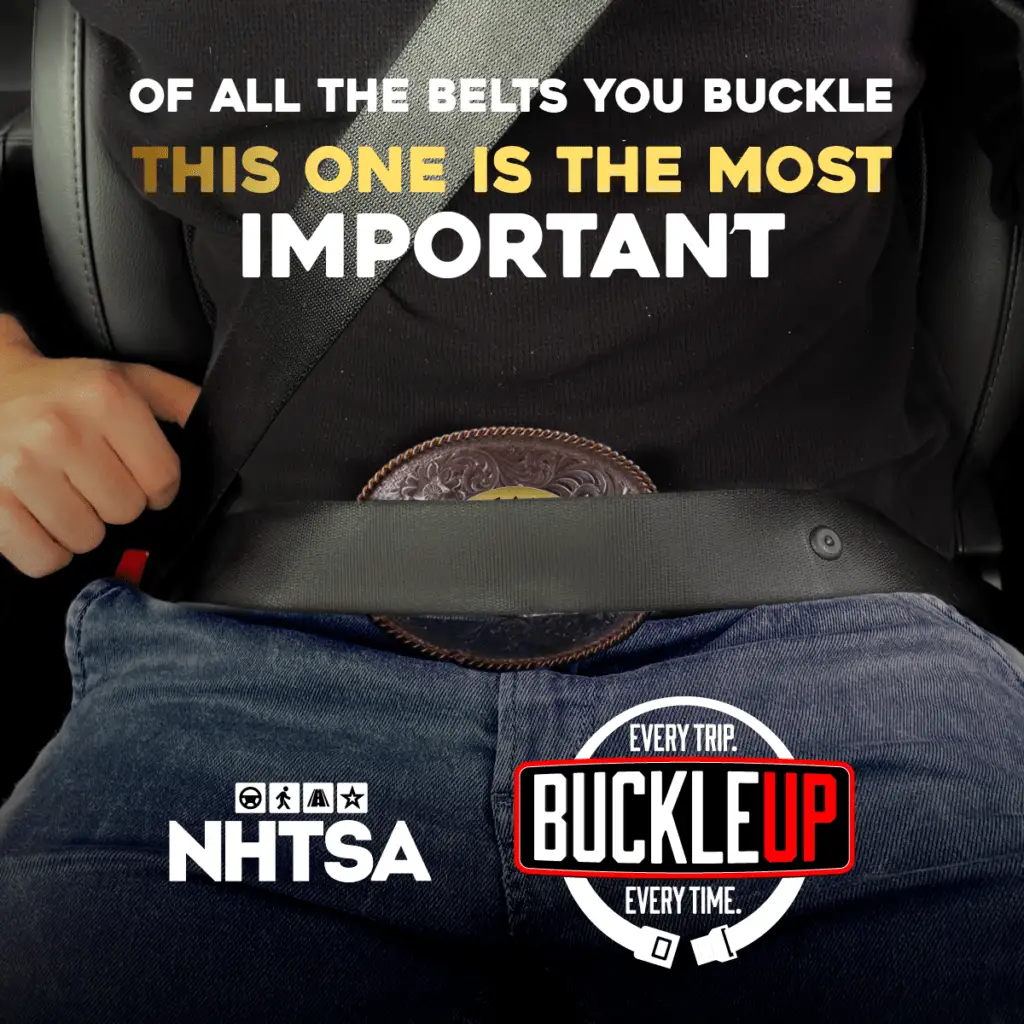
When it comes to driving, rain can add a level of complexity that drivers must adapt to ensure safety. Here at Jones & Swanson, we understand the importance of preparation and caution when encountering challenging weather conditions. This guide provides practical safety tips on driving in the rain and how to weatherproof your car to withstand upcoming storms.
1. Check Your Tires Regularly
Proper tire maintenance is the first step to safe driving in wet conditions. Tires with enough tread depth provide better traction, helping prevent hydroplaning. Regularly check your tires for proper inflation and replace them when the tread wears down.
2. Regularly Maintain Your Brakes
Ensure your brakes are in top working condition. Wet weather can impact brake performance, and having them checked regularly reduces the risk of brake failure when you need them most.
3. Replace Windshield Wipers As Needed
Good visibility is crucial when driving in the rain. Windshield wipers in excellent condition can dramatically improve your visibility during a downpour. If your wipers leave streaks or fail to clear the windshield effectively, it’s time for a replacement.
4. Apply Water-repelling Treatment To Windshield
Consider using a water-repelling product on your windshield. These treatments cause water to bead up and roll off the windshield, improving your visibility in heavy rain.
5. Check Your Headlights And Taillights
Functional headlights and taillights are essential for you to see and be seen in rainy conditions. Make sure both are working properly and replace any burnt-out bulbs.
6. Avoid Cruise Control
While convenient, cruise control can be dangerous in wet conditions as it may lead to hydroplaning. In the rain, always manage your speed manually.
7. Drive With Caution
Last, but certainly not least, exercise extreme caution when driving in the rain. Keep a safe distance from the car in front of you, drive slower than you usually would, and be mindful of large puddles that could lead to hydroplaning.
At Jones & Swanson, your safety is our priority. We encourage all drivers to take these precautions seriously. Remember, in adverse weather conditions, it’s always better to arrive late than not at all.
If You Or Someone You Know Has Been In A Car Accident, Seek Immediate Medical Assistance And Then Give Us A Call At (770) 427-5498 Or contact Us On Awjlaw.com to Find Out The Next Steps You May Want To Take.
Categories: Defensive Driving, Safety Tips




